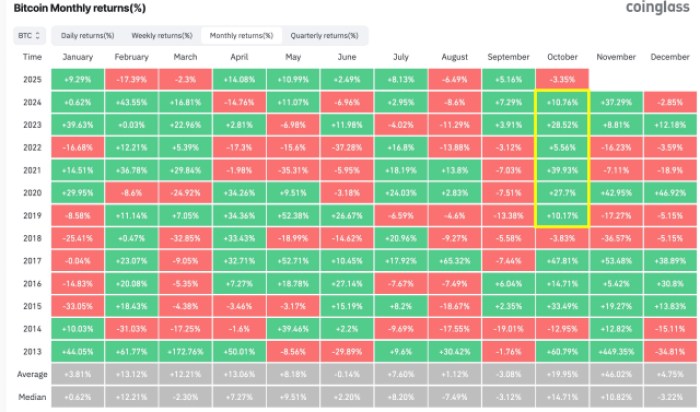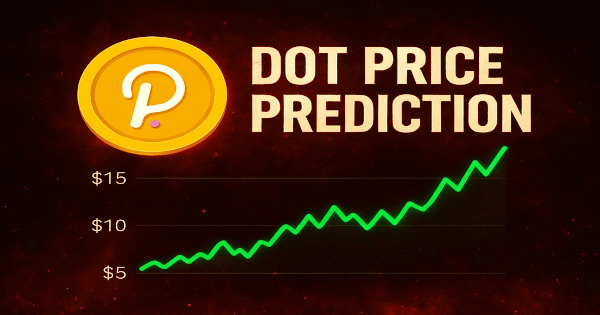
The Nigerian central bank said on Oct. 12 that it had lifted foreign exchange restrictions imposed on the importation of 43 items. The central bank said the restrictions initially imposed in 2015 may have contributed to the weakening of the naira on the parallel foreign exchange market.
Unifying the Naira’s Multiple Exchange Rates
The Central Bank of Nigeria (CBN) announced on Oct. 12 that it had lifted foreign exchange restrictions “hitherto placed on the importation of 43 items.” According to the central bank, the lifting of the restrictions fits with its broader objective of unifying the local currency’s multiple exchange rates as well as reining on inflation.
In a statement that addresses why the restrictions (initially imposed on June 23, 2015) have been removed, the CBN claimed the measures were forcing importers to source the scarce resources on the parallel market. Prior to Nigerian President Bola Tinubu’s foreign exchange market reforms, the local currency had traded at just under N500 per dollar for more than a year.
What You Need to Know About CBN’S Lifting of FOREX Restrictions on 43 Items…https://t.co/cOWLYWtE54 pic.twitter.com/m8MfjrpKS4
— Central Bank of Nigeria (@cenbank) October 14, 2023
On the parallel market where the greenback was, and still is widely available, importers were forced to pay premiums starting from 20% to get U.S. dollars. Some experts on the Nigerian economy insisted then that the official exchange rate greatly overvalued the local currency. Others even implored the central bank to devalue the naira-to-dollar exchange rate, but this was resisted.
CBN’s Forex Policy Under the Tinubu Government
However, immediately following his inauguration as Nigeria’s new leader, Tinubu reportedly ordered the CBN to abandon the fixed exchange rate regime. On why the CBN has moved to remove the restrictions, the statement read:
The restrictions pushed importers into the parallel market, contributing to the surplus demand for forex. This weakened the parallel-market exchange rate, pushing up prices.
The central bank, which is now led by Olayemi Michael Cardoso, said the growing gap between the official and parallel market exchange rate could well indicate that the rate “has not been setting a clearing price.” Therefore, by removing restrictions, the CBN suggested that this would not only foster “orderliness and professional conduct” but also ensure market forces determine the exchange rate.
The CBN also said the removal of the restrictions would benefit local producers in the form of cheaper imported inputs while consumers are expected to “benefit from cheaper retail products.” The bank also claims that this policy change will see closed factories
re-opening.
Register your email here to get a weekly update on African news sent to your inbox:
What are your thoughts on this story? Let us know what you think in the comments section below.

You can get bonuses upto $100 FREE BONUS when you:
💰 Install these recommended apps:
💲 SocialGood - 100% Crypto Back on Everyday Shopping
💲 xPortal - The DeFi For The Next Billion
💲 CryptoTab Browser - Lightweight, fast, and ready to mine!
💰 Register on these recommended exchanges:
🟡 Binance🟡 Bitfinex🟡 Bitmart🟡 Bittrex🟡 Bitget
🟡 CoinEx🟡 Crypto.com🟡 Gate.io🟡 Huobi🟡 Kucoin.
















Comments